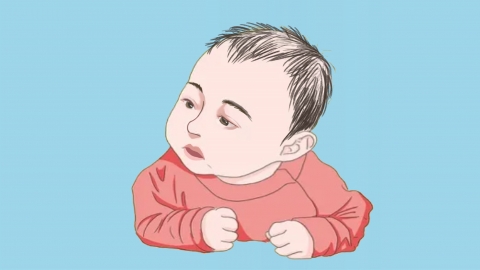Can children eat lychee?
Generally, children who are at least 6 months old, have started complementary foods, have good digestive function, and no history of allergies may consume small amounts of lychee. However, it is not recommended for children younger than 6 months, those who haven't started complementary foods, those with allergic constitutions, or those with weak gastrointestinal function. Detailed analysis is as follows:

Children who are at least 6 months old and have adapted to various complementary foods may try small amounts of lychee, provided the lychee is completely pitted and peeled and then mashed into a smooth puree. Lychee contains vitamin C and glucose, and consuming small amounts can help supplement certain nutrients. At this stage, the child's intestinal function is gradually developing, and if the child has already tolerated common fruits such as bananas and apples without diarrhea or allergic reactions, occasional feeding of small amounts of lychee puree generally will not cause discomfort.
Children younger than 6 months have immature intestinal development, and the high sugar content in lychees may easily burden the gastrointestinal system, potentially causing digestive problems such as bloating and diarrhea. Children with allergic constitutions may experience allergic reactions such as rashes and oral swelling after consuming lychee. Additionally, the flesh of lychee is soft and slippery, posing a risk of aspiration and choking if the child's swallowing ability is inadequate. Therefore, these children must strictly avoid consumption.
When feeding lychee to children, the flesh should be thoroughly mashed. The initial serving should not exceed 3 grams, and close observation for 2-3 days is necessary. If symptoms such as rashes or diarrhea occur, consumption should be stopped immediately. Moreover, lychee should not be regularly fed as a routine complementary food, as this may interfere with the child's normal milk intake and the consumption of other essential nutrients.








